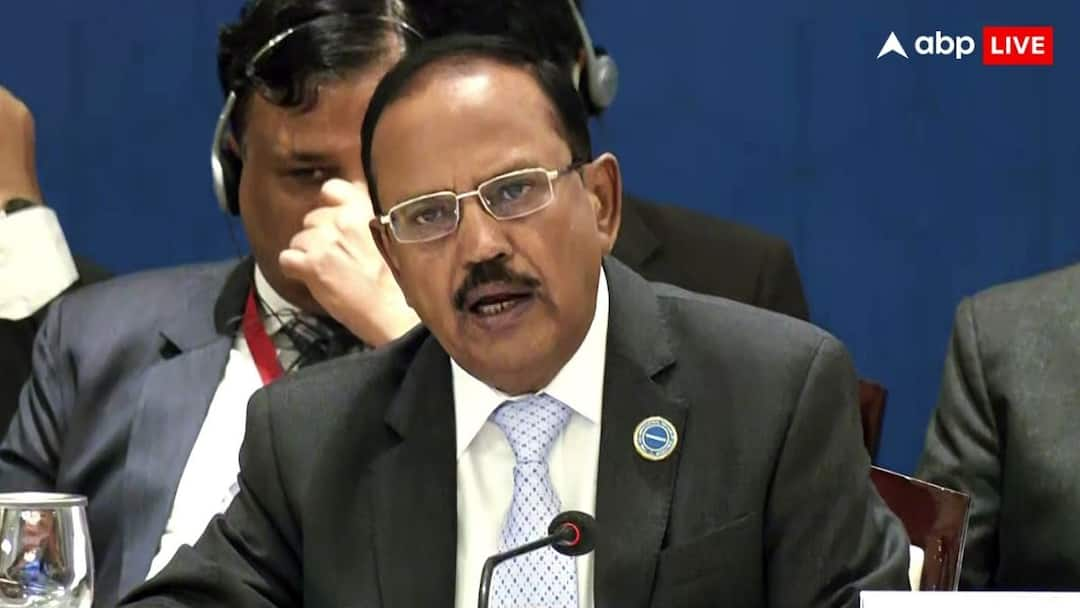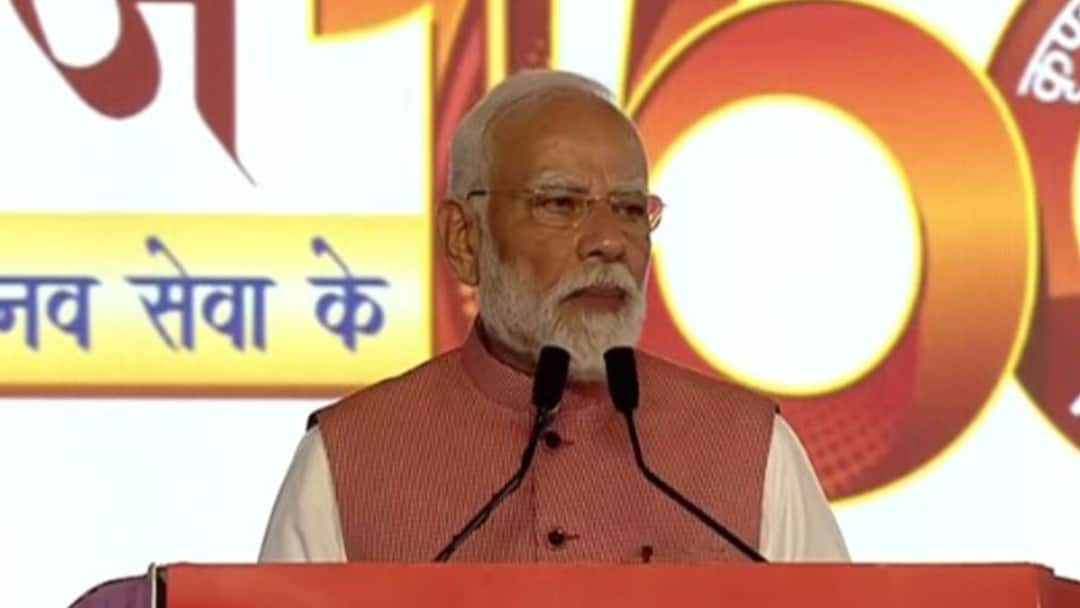National Security Advisor (NSA) Ajit Doval said on Friday that India is currently “undergoing a major transformation” and there is “no need to fear change”. Speaking at an event in Delhi, Doval referred to the recent coups in neighbouring countries, noting that such unconstitutional regime changes in Bangladesh, Sri Lanka, Nepal and others were the result of “poor governance”. He emphasised that India must strengthen its institutions and laws to ensure good governance and safeguard national interests during this period of transition.
Highlighting the importance of strong and accountable leadership, Doval said, “Whether a nation is powerful or weak, it is ultimately the strength of its government that determines its stability. When governments become weak or self-serving, the results are evident. Governments operate through institutions, and the people who build and sustain these institutions are the most crucial for nation-building. The rise and fall of empires, monarchies, oligarchies or democracies occur due to the nature of their governance.”
Calling for renewed national unity, the NSA said, “In the process of nation-building, the role of the government in ensuring the country’s security and achieving its goals is extremely significant. As we move towards 2025, it is vital to rebuild the vision of Sardar Patel. His foresight is needed now more than ever.”
Doval asserted that India is not only witnessing administrative change but also experiencing shifts in its governance models, socio-economic structures, and its position in the global order. “The world is also going through a phase of massive transformation. The most important thing in any change is not to be afraid or bow to potential challenges. We must prepare ourselves, become stronger, and adapt. Transforming a civilisation into a nation-state is an extraordinary task. Governments must think and act beyond conventional expectations,” he added.
Urging reform in governance, Doval said India’s laws, policies, and administrative systems must evolve to become more people-centric. “Our policies and schemes should align with people’s aspirations, fulfil their basic needs, and provide them with a sense of security,” he concluded.



